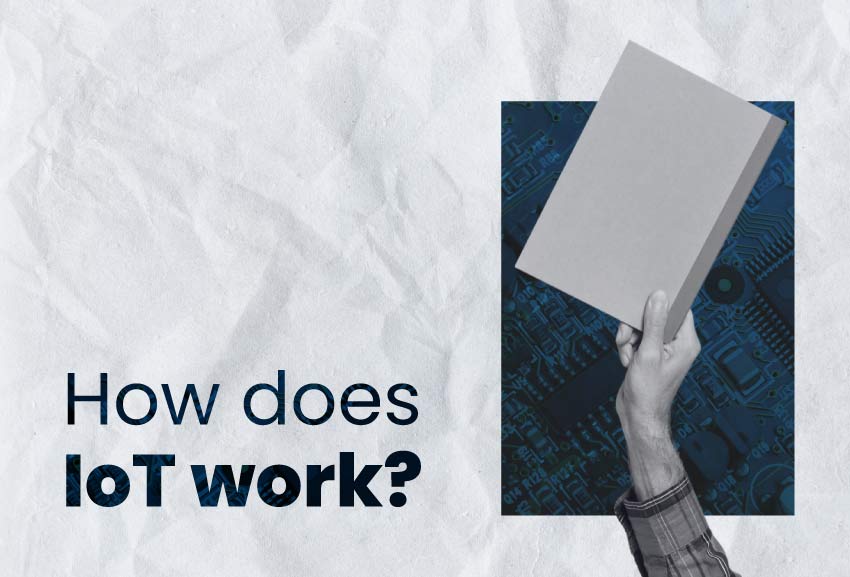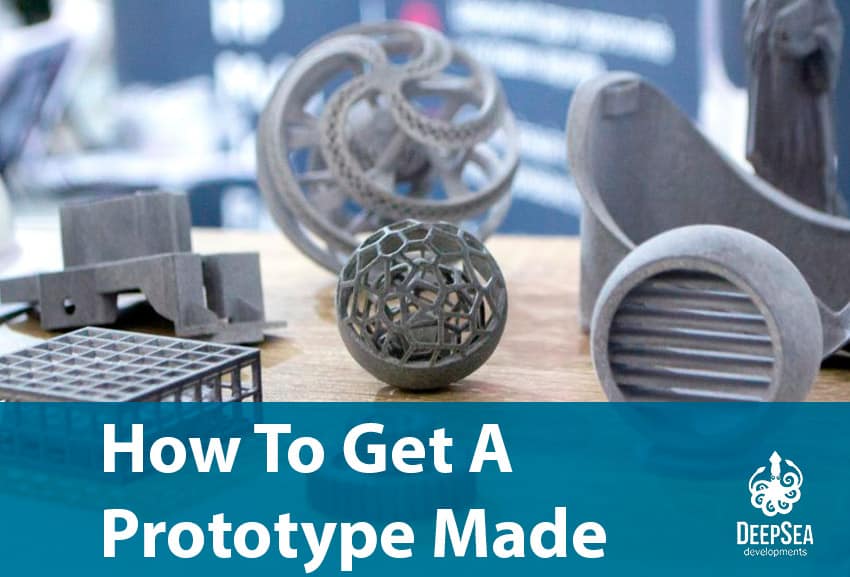Over the years we have helped many entrepreneurs and companies that come to us with an idea, they come looking for electronic product developers because they may lack the expertise or the technical capabilities to advance on specific aspects of the IoT product. We think many companies could have better results if they foster a maker culture among their teams. Let’s see its benefits in this article.
What is maker culture?
Maker culture is a collaborative movement that celebrates creativity, experimentation, and hands-on learning. It encompasses a wide range of activities, from traditional crafting and DIY projects to cutting-edge digital fabrication and prototyping (see why is prototyping important).
At its core, the maker culture encourages individuals to think, invent, and create, this not only fosters creativity inside the company but also motivates employees to suggest amazing solutions that can become a reality.
If you still doubt the importance of IoT in the current years, it is because you need to foster innovation and creativity inside your company.
Why maker culture matters for companies and entrepreneurs

As we mentioned before when companies foster makers movement inside their areas, there are higher chances to create amazing ideas, and why not, products. Let’s see why you should do it from now on:
1. A maker culture fosters innovation:
Embracing maker culture within organizations can spark innovation by providing employees with opportunities to experiment, prototype, and develop new ideas. By encouraging a culture of creativity and risk-taking, companies can unlock fresh solutions to complex challenges.
Imagine what you could get from your sales team, or customer service if you spoke to them, and carried out design thinking sessions to get ideas on improving your services or products. You will surely get something great out of those sessions; see intrapreneurship benefits.
2. Encourages collaboration:

Maker’s culture promotes collaboration and knowledge-sharing among employees. By working together on projects and sharing expertise, teams can leverage diverse perspectives and skills to drive innovation.
You would be surprised by the great insights your employees can provide when they share their experiences with customers and your products.
3. Enhances employee engagement:
Giving employees the freedom to pursue passion projects and creative endeavors can increase job satisfaction and overall engagement. Maker culture empowers individuals to take ownership of their work and contribute to the organization in meaningful ways.
People usually think a prototype needs to be really advanced to catch the attention of stakeholders, but there are many prototype examples you can show them to get them inspired to share their ideas.
4. Fosters skills development:
Engaging in maker activities helps employees develop valuable skills such as problem-solving, critical thinking, and hands-on technical expertise. These skills are increasingly important in today’s rapidly changing job market.
As you can see, maybe you don’t have the engineering team to advance your project in the PCB design or firmware coding (see embedded systems examples), but your employees could arrive at original solutions or ideas thanks to a maker culture space.
5. Builds a culture of continuous learning:

Product differentiation is more possible under a maker culture since it encourages a mindset of lifelong learning and curiosity. Companies can cultivate a culture of continuous improvement and adaptation by providing opportunities for ongoing skill development and exploration.
Encourage your team to have a DIY mindset, and if you count on a 3D printing machine, invite them to use it to bring their ideas to life; this could be done through prototype tooling.
A real-life example of fostering a maker culture
One example of a company that has successfully embraced maker culture is Google. The tech giant is known for its “20% time” policy, which allows employees to spend a portion of their workweek pursuing passion projects outside of their core responsibilities.
This policy has led to the development of some of Google’s most innovative products, including Gmail and Google News. By empowering employees to explore their interests and pursue creative projects, Google has fostered a culture of innovation that continues to drive its success.
By embracing maker culture, organizations and startups can unlock new sources of creativity, engage employees, and drive innovation forward. Imagine all the possibilities you could create regarding wearable IoT devices, and solutions for different industries like IoT energy solutions, among other hundreds of options.
If you are advancing on new projects and you need additional expertise to take your idea to the next level, we are experts at providing the following services:
Check our portfolio to find out about some of the amazing products we have created. Your project is waiting for the right mindset and the right people, we invite you to foster a maker culture, and you will see great results.





